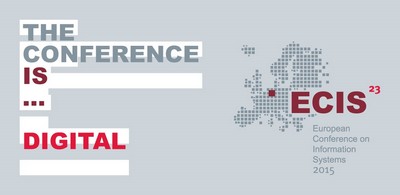DOI
10.18151/7217320
Abstract
Within the knowledge management (KM) domain, we perceive an increasing number of publications. Considering this increase, content analysis (CA) is a popular and empirically established method to handle context-sensitive information and to achieve an improved understanding. While CA can be applied in an automated way by using software solutions, a problem concerns the analysis of compound concepts (e.g. “intellectual capital”). Whereas dictionaries (i.e. lists of compound concepts) have been suggested to solve this problem, lack of research exists concerning the impact of using such a dictionary. By focusing on the KM domain and using the example of 614 publications within the Journal of Knowledge Management (JoKM), this paper aims to evaluate the impact of dictionaries for automated CA. We perform CA applying the automated approach with and without using a self-developed KM dictionary. The results were compared in terms of result similarity as well as result relevance to the KM discipline. Our findings reveal that using a dictionary for automated CA can lead to an improved context understanding and time savings. However, these benefits are opposed by subjectivity that results from the manual extraction of compound concepts to be used in the dictionary.
Recommended Citation
Fteimi, Nora and Basten, Dirk, "Impact of Dictionaries on Automated Content Analysis - The Use of Compound Concepts in Analysing Knowledge Management Research" (2015). ECIS 2015 Completed Research Papers. Paper 52.
ISBN 978-3-00-050284-2
https://aisel.aisnet.org/ecis2015_cr/52


